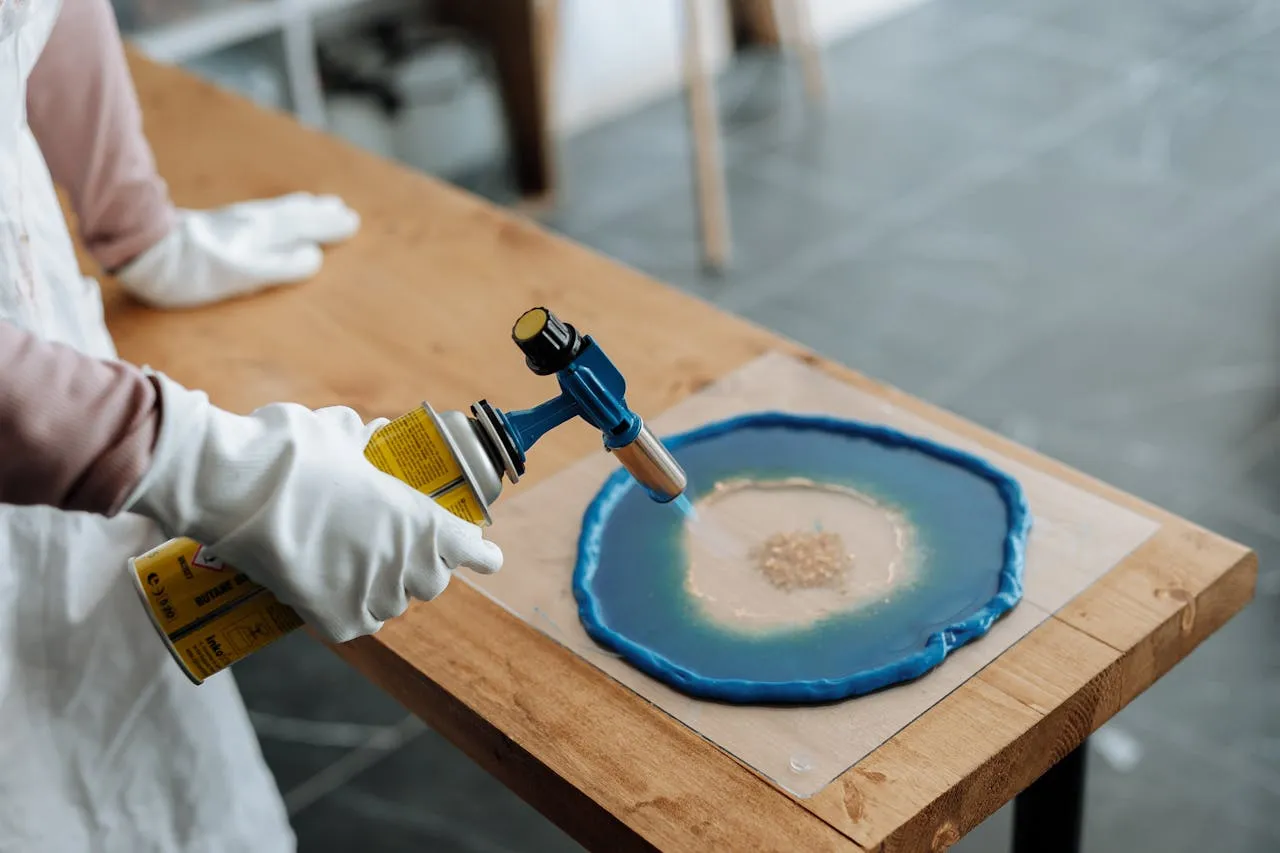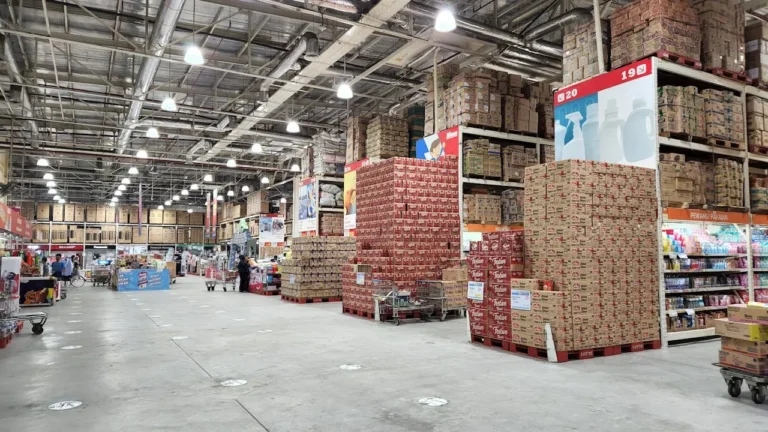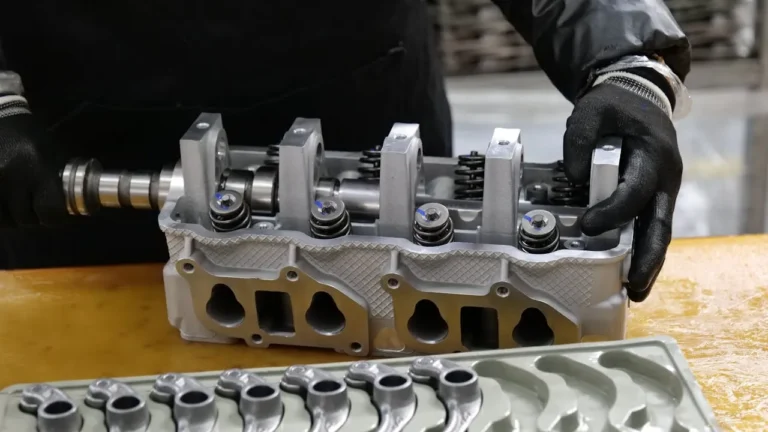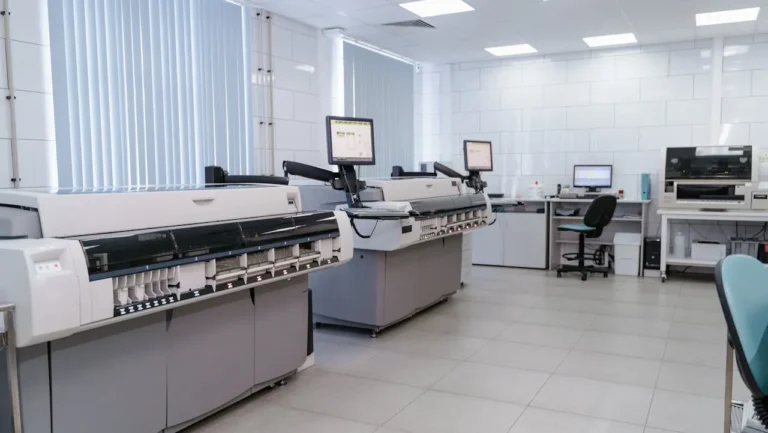
Over the next three years, 11 partners in Western North Brabant, led by TNO, will collaborate to produce green building materials using local tree and plant residues. Westlake Epoxy will play a pivotal role in the Consortium B4 project, which aims to replace fossil fuel-based feedstocks with bio-based alternatives in the production of epoxy resins. In collaboration with other consortium members, these innovative bio-based feedstocks will be tested and customized to ensure they meet the performance standards required for epoxy products.
The B4 project, “Better Bio-based Building Blocks,” envisions transforming a variety of natural residues into products for the construction industry, such as turning grass into adhesives, sugar beet pulp into paints, and wood chips into insulation foams. These bio-based materials not only promote sustainability but also offer features like scratch resistance, flame retardancy, and ultraviolet (UV) protection. Beyond the technological advancements, the project will share knowledge with students, businesses, and governments to facilitate the transition to bio-based raw materials, positioning Western North Brabant as a hub for bio-based innovations in the construction sector.
The construction industry faces a significant challenge: reducing CO2 emissions by 50% by 2030 and 90% by 2050. One key area of focus is replacing fossil-based aromatics, which are found in 40% of everyday products, including paints, adhesives, insulation materials, textiles, and foams. Currently, these aromatics are derived from fossil fuels, contributing to environmental harm.
The B4 project brings together the entrepreneurial and technical expertise of small and medium-sized enterprises (Relement, Impershield, Baril Coatings, Bodewes, and Progression-Industry) and larger corporations (Westlake Epoxy and Worlée) with the research capabilities of TNO, VITO, and Avans University of Applied Sciences. The goal is to demonstrate that bio-based aromatics can successfully replace fossil-based ones in at least six applications, including coatings, composites, and epoxy resins. These bio-based alternatives are not only more sustainable but also commercially viable.
The Green Chemistry Campus in Bergen op Zoom serves as the central hub for the project, housing the Shared Research Center Biorizon, a joint initiative by TNO and VITO focused on developing bio-aromatics. The campus will host numerous workshops and meetings for a wide range of stakeholders, including SMEs, students, chemical industry employees, and government representatives, to showcase the opportunities and benefits of bio-based materials.
The B4 project is supported by the European Union’s Just Transition Fund, which aims to help regions dependent on fossil industries transition to a climate-neutral economy. Western North Brabant is well-positioned to become a bio-based hotspot, with access to agricultural byproducts like sugar beet pulp, a knowledgeable chemical sector, and strong logistical networks. The B4 project seeks to provide sustainable economic prospects for the region, offering new revenue streams for the agricultural sector and creating jobs in the chemical industry.
With a total budget of €4.4 million, the B4 project is co-funded by the European Union, the Ministry of Economic Affairs and Climate Policy, the Ministry of Social Affairs and Employment, and the Province of North Brabant.




